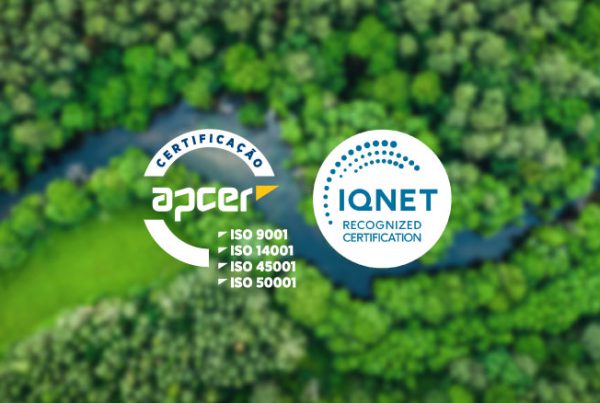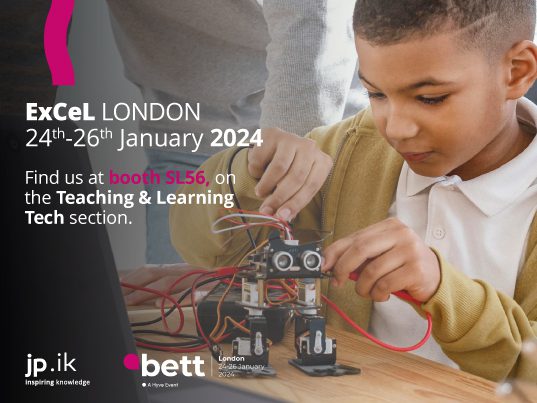If we dare to time travel forward into the future, can we imagine how education will be? It seems to be kind of a challenge, right? In particularly, because at the present we still are juggling with concepts, possible routes, scenarios and the demands of our world’s transformation, such as digital transformation; jobs of the future that we do not even know yet; STEAM approach; MESH approach; cultural intelligence; collaboration; creativity; problem solving; critical thinking, and so on.
We believe we can say most of us do comprehend that our education systems need a paradigm shifting. The majority of children and teenagers are not taught to be self-motivated lifelong learners. In addition, they finished school without the skills, values and mindsets needed to thrive in a world of frenetic transformation. And most importantly, most learners do not graduate desiring to inspire and contribute to human development and global growth.
Traditional learning curricula have remained the same for centuries now, and we keep focused on an emphasis on short-term grades and individual academic performance.
The question we are all eager to answer is: how can we effectively educate future generations? However, answering this question means substantial changes of the educational paradigm and it also means shifting how we define education itself to start with.
Technology is already transforming the way we work, communicate and collaborate. And, obviously it is also transforming the way we learn and teach. From global online networks and collaboration to a more personalized learning are arising around the world.
The confluence between education and technology is already in motion and within this scenario we can expect that technology will bring forward some philosophical shifts in education, but it can also enhance networking, collaborative work and research. If we go back in History for a bit, we realize that the waiting time between inventions is no longer centuries or decades. Transformation is amazingly fast.
Let us share a glimpse of the opportunities of collaborative research, work and learning. In 2011, a Stanford University Teacher offered a free online course in artificial intelligence. That online course reached 160 000 students from 190 countries and he was over the moon. This is only one example of how technology is reshaping the learning experience.
Undoubtedly technology is here and is reshaping the learning experience by transforming the dynamics of education, especially the relationship between teachers and students. As teachers are bringing technology into the learning experience to replace conservative teaching/ learning models, learning is evolving into a more personalized path paved with self-directed learners experiences.
Teachers are also increasingly experimenting gamification, which is a teaching resource that engages students by challenging them to complete work in order to reach a new level just like it happens when they are playing a videogame.
At this point, something appears to be very clear to all of us, even when we bring technology into the classroom and the learning experience, teachers will be important as ever.
Technology is important! We all agree, right? Nevertheless, within the scope of the learning experience and the shifting of the education paradigm, technology is fundamental as a means to an end. Teachers, if they are given the freedom to change, they will be ambassadors of the revolution of education (and the reshaping of its paradigm).
We are thriving to build the best places for education, which will perform as collaborative spheres to gather people, technology and space in the most disruptive ways.
Finally, and still in the context of reshaping the learning experience, and ultimately the education paradigm, we should comprehend education as an instrument for individual growth, as well as for driving our transformation as a group a civilizational change.
Mark Prensky, Education Speaker and Author, advocates civilization-level change in global education, highlighting most of us have an outdated point-of-view about what education means and what it is supposed to do.
Education should inspire, engage and empower young minds with the needed instruments to contribute to human growth.
The diversity of technological tools can be powerful, and it is important to acknowledge that they can be used to better or worsen society. As Mark Prensky points out our civilization is now in the process of changing and those places in the world that take quick and appropriate action towards implementing a new educational paradigm will be the ones where children prosper and flourish in the future. And the regions that do not do it will fall behind on the path to human progress.
In the contemporary world, the mission of education relies on empower learners brains with information. This means it is fundamental to guide students to learn how to learn, to learn, to think, to critically evaluate a situation and to solve it.



